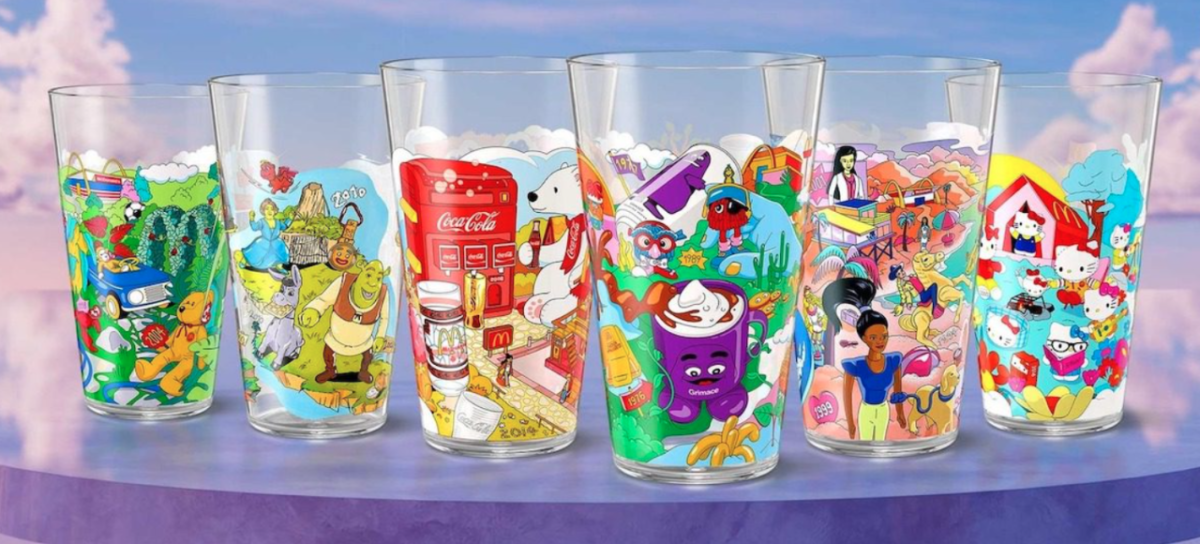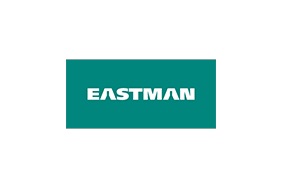Eastman Tritan Offers McDonald’s Collector’s Meal Cups Infinite Reusability
Published 09-13-24
Submitted by Eastman

Have you been fortunate enough to see the new McDonald's Collector's Meal cups that launched earlier this month? The latest set of six cups is made with Eastman Tritan™ and pay tribute to previous releases, featuring fan favorites like Barbie, Hello Kitty, Minions, and their own McDonald's characters. The introduction has caused quite the frenzy for nostalgia seekers and created a hot market for sellers and collectors alike.
Are you collecting? The best thing about these cups is their infinite reusability! Made with Tritan, these hot items will look amazing after repeated washing and many drops — they’re definitely worth the $100 they’re fetching on re-sale sites when you think of them this way.
Here's How Much McDonald's Collector's Cups Are Reselling For | Entrepreneur

Eastman
Eastman
Founded in 1920, Eastman is a global specialty materials company that produces a broad range of products found in items people use every day. With the purpose of enhancing the quality of life in a material way, Eastman works with customers to deliver innovative products and solutions while maintaining a commitment to safety and sustainability. The company’s innovation-driven growth model takes advantage of world-class technology platforms, deep customer engagement, and differentiated application development to grow its leading positions in attractive end markets such as transportation, building and construction, and consumables. As a globally inclusive and diverse company, Eastman employs approximately 14,000 people around the world and serves customers in more than 100 countries. The company had 2023 revenue of approximately $9.2 billion and is headquartered in Kingsport, Tennessee, USA.
About Eastman in the circular economy: In 2019, Eastman became the first company to begin commercial-scale chemical recycling for a broad set of waste plastics that would otherwise be landfilled or, worse, wind up in the environment. Eastman's molecular recycling technologies can process waste plastics traditional mechanical recycling methods cannot—including polyesters, polypropylene, polyethylene, and polystyrene—derived from a variety of sources, including single-use plastics, textiles, and carpet. These technologies provide a true circular solution of endless recycling for materials, allowing them to be reused repeatedly.
To learn more about how we’re working to make a more circular economy visit eastman.eco.
More from Eastman

